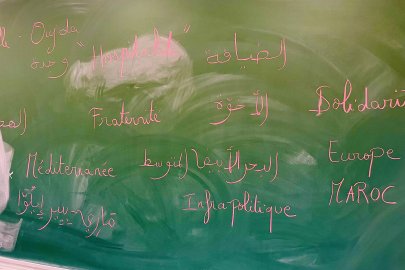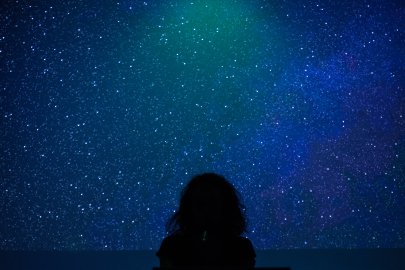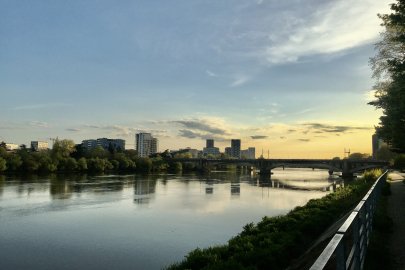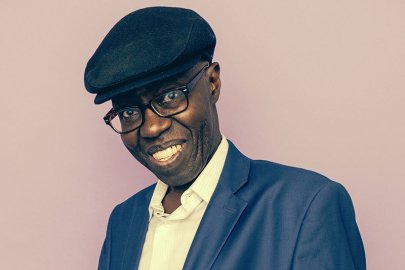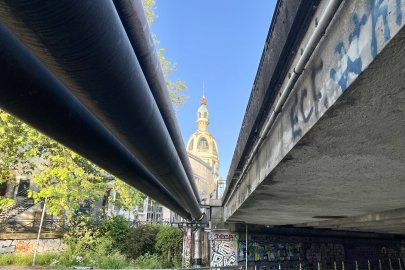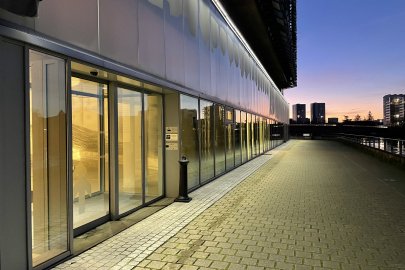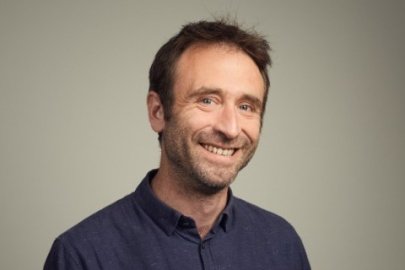To mark the 15th anniversary of the Institut d'études avancées de Nantes, the Collegial management of the Institut d'études avancées de Nantes is organizing three inspiring debates on the ecological issues of our time.
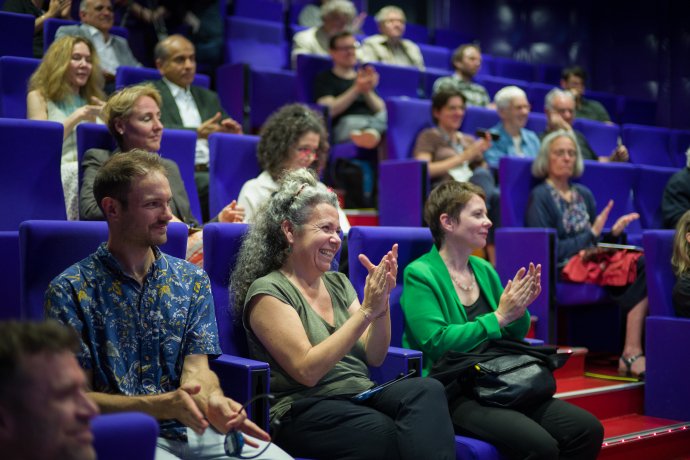
10:30 am - A different way of living in the present
1:30 pm - From rights over nature to rights of nature
3:30 pm - Ecological imaginaries
Institut d'études avancées de Nantes
Amphithéâtre Simone Weil
5, allée Jacques Berque – 44000 NANTES
Tél. 02 53 00 94 87
Free, open to all, with registration at accueil@iea-nantes.fr
10:30 a.m. - A different way of living in the presentt
We are living in a historical moment that is constantly projecting us towards a future that is no longer thought of as a radiant future, but as a threat that is fast becoming a reality. The possibility of inheriting a barren, deserted and dying earth seems to be gaining ground, as evidenced by the sudden changes in our habitats. Faced with this acceleration, it seems necessary to pause and reflect, in the present, on our forms of life, our ways of living, and our shared relationships with the living and with others. It is by questioning these forms today that we can find ways to change the future.
This round table will invite us to discuss these new paths, the poetics and relational ontologies that are changing our perspective on this world and other living things, opening up multiple possibilities for the future.
Coordination Luis Mora Rodriguez, director 2022-2024, philosopher, University of Costa Rica.
With the participation of :
- Anne Simon, director of research at the CNRS, who has been working for two decades on the living and animality in literature, initiating and developing zoopoetics in Europe. Une bête entre les lignes, Essai de zoopoétique, Wildproject, 2021.
- Sophie Gosselin, agrégée and doctorate in philosophy, teaches philosophy at the University of Tours. Her current research focuses on the philosophical consequences of the ecological crisis and the ontological turn in anthropology.
1:30 pm - From rights over nature to rights of nature.
This round table aims to continue and broaden the reflection initiated by Camille de Toledo, associate member of the Institut, through the project "Towards an international of rivers and other elements of nature". Its ambition is to bring together researchers to discuss the understanding of this radical change in the treatment of nature and its elements, the relevance of the choice made by legislators and judges, and the fate of such a change, which implies a reconfiguration of fundamental legal categories and invites us to take up the challenges imposed by the determination of the share of reality and fiction in the process of producing law that has a chance of being applied in a society.
Coordinated by Pierre Etienne Kenfack, Deputy Director 2023-2024, Professor of Law, University of Yaoundé II, Cameroon.
With the participation of :
- Odile Delfour Samama, HDR lecturer in public law at Nantes University, deputy director of the CDMO (center for maritime and oceanic law), whose work focuses on marine protected areas in the face of climate emergencies.
- David Hiez, professor of civil law at the University of Luxembourg, whose research focuses on three areas: the law of the social economy; contract theory; and African law, with an emphasis on the conditions that make it possible to develop a law that is more closely rooted in local needs.
- Frédéric le Blay, researcher at the Centre François Viète and director of the MSH Ange Guépin, whose work focuses on the relationship between man and his environment in ancient worlds.
3:30 pm - Ecological Imaginaries
This round-table discussion explores the role of the arts and human sciences in articulating sensitive knowledge that is profoundly attentive to the environments with which it co-exists. The current crises caused by the climate emergency, the loss of biodiversity and the prospect of increasingly troubled futures are also crises of sensitivity. How might we think of a literature of context (more than of text) or the articulation of non-hegemonic forms of visuality in the arts as the beginnings of new paradigms enabling us to give other meanings to our ways of living? How do these ecological sensibilities find their place within existing structures such as universities and museums? Does this collaboration with institutions enable them to retain their critical weight?
Coordination Sophie Halart, Associate Director 2024-2025, art historian, Institute of Aesthetics, Faculty of Philosophy, Pontificia Universidad Católica de Chile
With the participation of :
- Suzanne Husky, visual artist who develops a practice that deals with the relationships between humans, plants and the earth.
- Vanina Andreani, head of the Pôle Collection-Exposition, FRAC des Pays de la Loire, who is particularly interested in the dissemination of creative work in sites not dedicated to contemporary art.
- Émilie Walezak, Professor of Contemporary British Literature, Head of the Master CCS Humanités Environnementales program, Nantes University.
